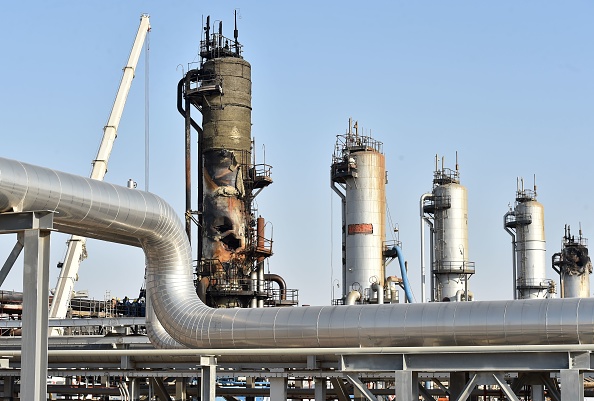Petrol prices fell even as drones struck Saudi oil

Worries that drone strikes in Saudi Arabia would drive up prices at the pumps for customers seemed unfounded, new data showed as petrol prices fell in September.
The cost at the pumps dropped by 0.87p to 127.95 for unleaded petrol, even as diesel rose by a third of a pence to 132.07p per litre.
However RAC, which compiled the data, called on retailers to further cut prices, claiming they are 4p above where they should be.
“The saving in the wholesale price is not being passed on at the forecourt, with retailers potentially thinking drivers would just be grateful that prices have not shot up after the supply disruption,” the car services company said.
Experts had warned in the middle of September that prices could break through the roof after several drones struck Saudi oil infrastructure. Oil prices briefly jumped 20 per cent, but quickly settled down again.
Only in Northern Ireland does this not hold true, where prices are 2p less than the average price in the UK as a whole.
“We would very much like to hear retailers’ justification for this price differential,” said RAC’s fuel spokesperson Simon Williams.
“Northern Ireland is more often a cheaper place for petrol and diesel due to greater competition among retailers, but in the last two months we’ve seen this gap widen which can only mean drivers in the rest of the UK are losing out.”
However, supermarkets are still living up to their reputation as cheaper than their rivals – by 3p.
“If supermarket fuel is priced much lower than the UK average as it is now, this usually indicates independent retailers aren’t passing on enough of the savings in the wholesale price,” Williams said.
“This doesn’t mean there isn’t scope for the supermarkets to do more by lowering their prices more, it means that independent retailers simply are choosing not compete as much or simply aren’t able to for financial reasons.”